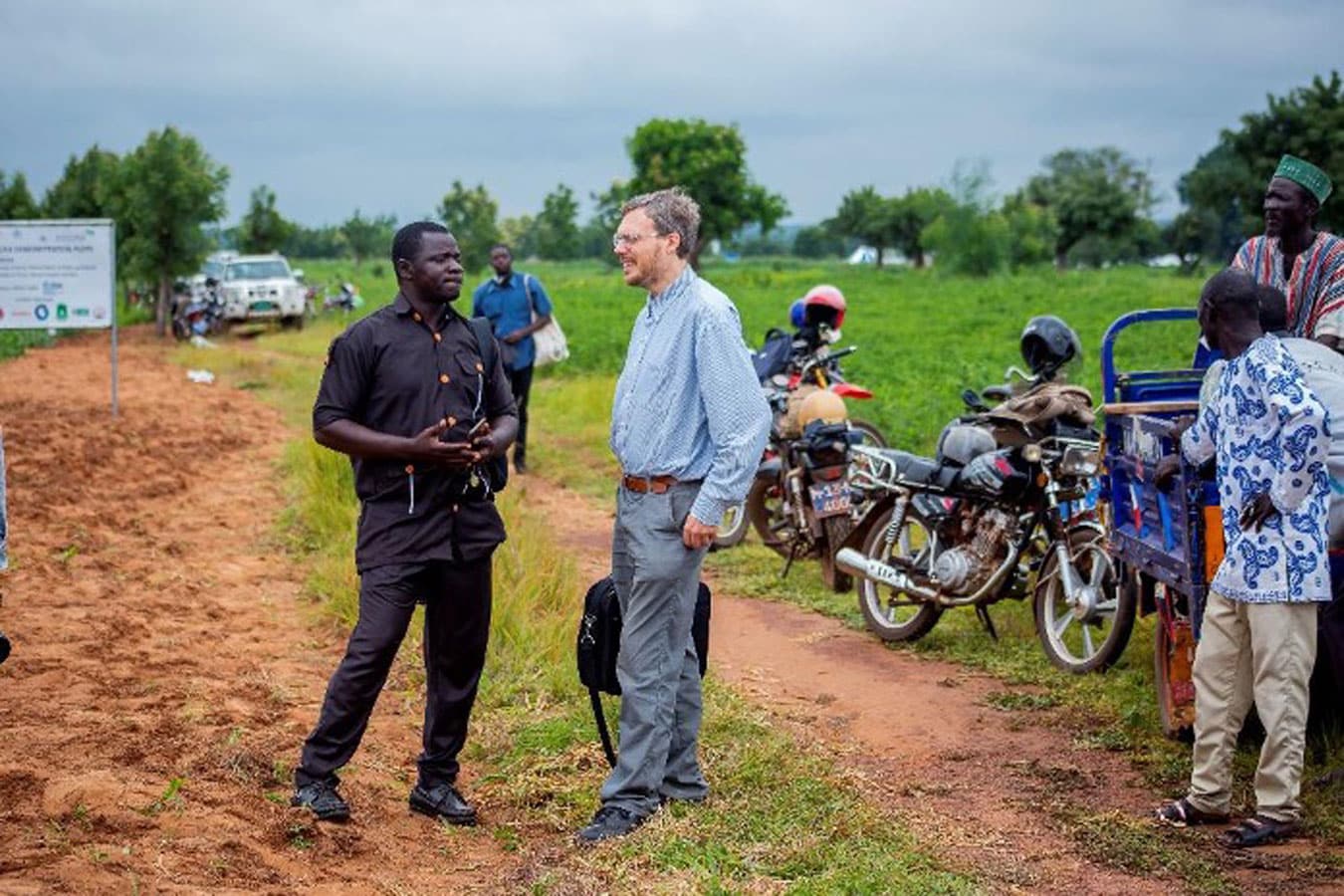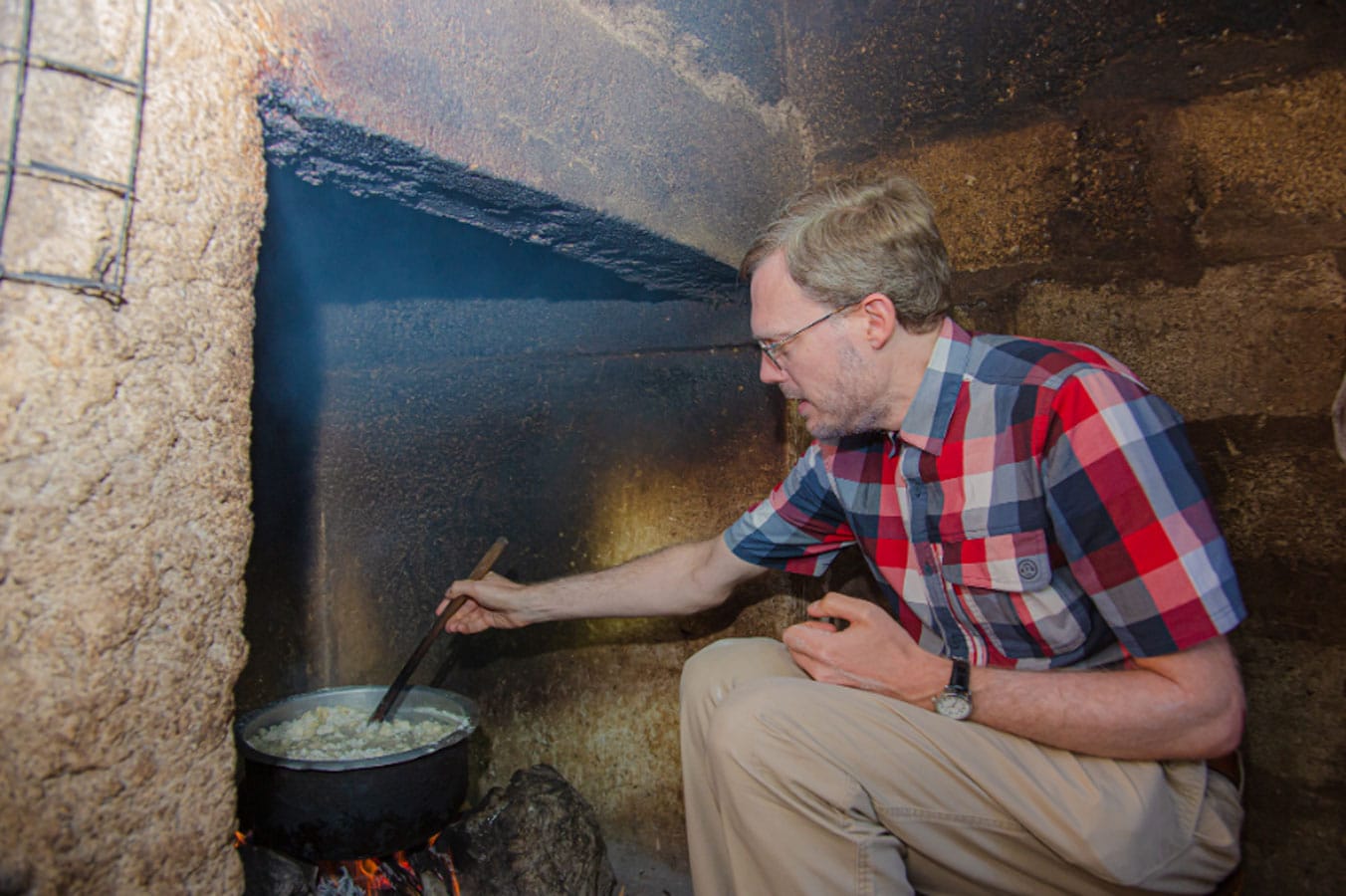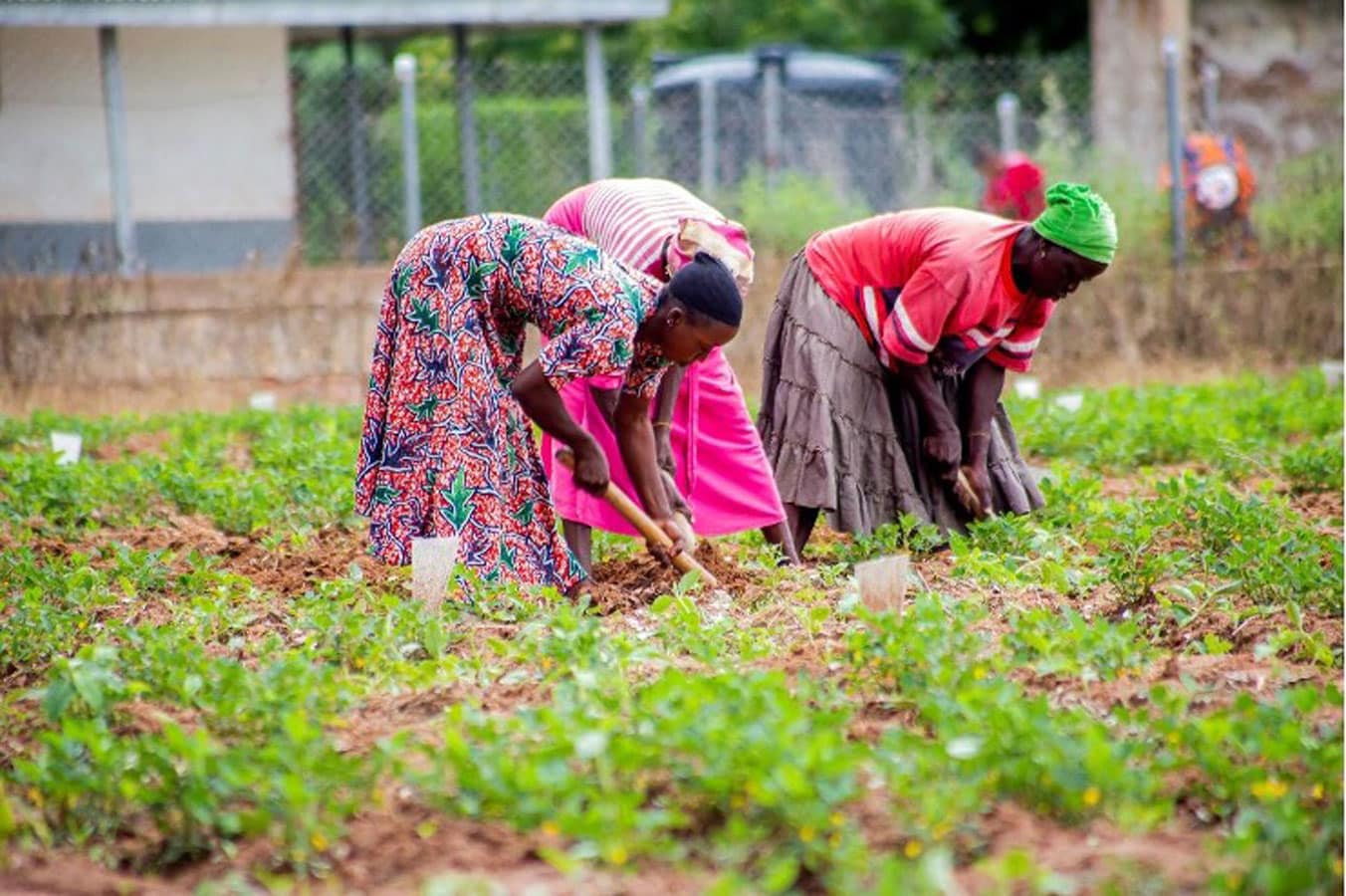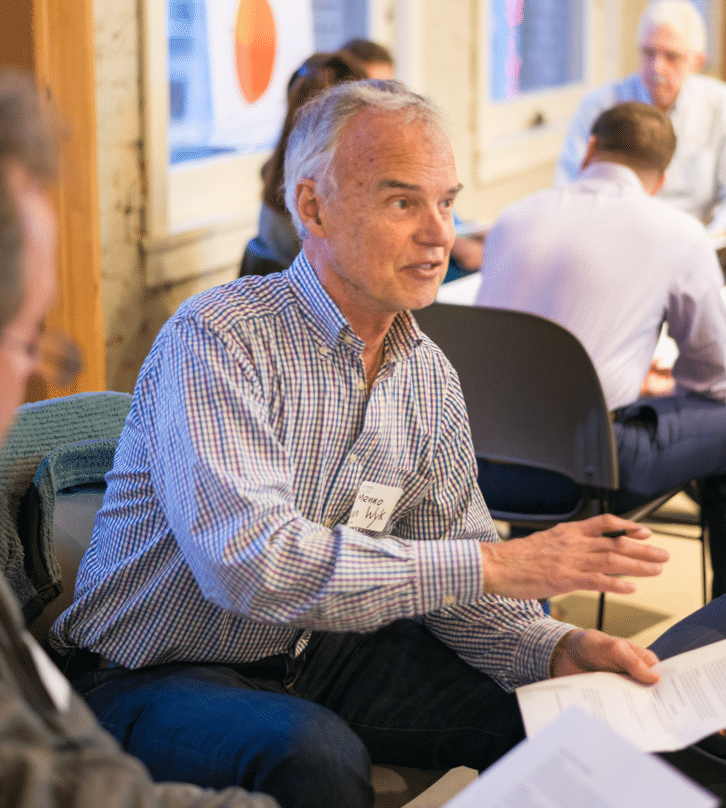The adventure continues.
The last time we checked in with him, Grow Further founder and CEO Peter Kelly was recovering from an exhausting day exploring maize fields and meeting with farmers just outside the city limits of Arusha in northern Tanzania. He said his inspection of one farmer’s maize field was troubling. The plants were riddled with disease and pests, including caterpillars munching on stalks. The field was likely lost, he said, underscoring the need for a tool farmers can use to detect the earliest signs of crop diseases and pests before losing an entire crop. “The farmers like the concept,” Peter said. “The need for this kind of technology is kind of obvious.”
Grow Further is getting closer to announcing the first recipients of grants made possible by our generous donor members. The grants will aid research in support of innovations that will hopefully transform the lives of smallholder farmers. Peter was drawn to Arusha to meet a team of researchers developing a sophisticated, machine learning-enabled smartphone app that will help smallholder farmers identify pest and disease threats to crops before things get out of hand.
Peter had only arrived in Tanzania a few days before he shared his experiences with us. He also told us more about his travels in Northern Ghana. Compared to Arusha, near Mt. Kilimanjaro, Ghana’s northern city of Tamale has fewer Western visitors. His due diligence mission there took him near the border with Burkina Faso, clearing about 20 police checkpoints along the way and sharing the road with truckload after truckload of used bicycles.

While in Tamale, Ghana, Peter met with the CSIR-Savanna Agriculture Research Institute and the University of Development Studies. He toured labs and test fields and met with farmers, officials with non-profit foundations, and research teams–all key stakeholders in efforts to improve and popularize indigenous beans that promise to help farmers gain more income, adapt to a changing climate, and improve their own nutrition as well as that of the soil.
In Kilimanjaro country
Currently, Peter is in Tanzania to speak with the researchers behind a machine-learning disease detection phone app. Peter told us that his second day on the ground in Tanzania involved “a lot of walking.” He toured fields of beans and maize, examined banana trees, and spoke with farmers about the issues they are facing. He asked them what they thought of the disease-detecting app idea. Most of the farmers were receptive and indicated that they would likely use this technology, at least the ones who owned smartphones.
“We had a little focus group with farmers where I asked them whether they were growing beans or maize, which is the subject of this proposal,” he said, “whether it was important for their livelihoods, whether they had a smartphone, and if so, were they using it for any other agriculture apps.”

Unfortunately, Peter won’t have time to climb Mt. Kilimanjaro, which many of the Western tourists in Arusha have their sights on. It’s all well and good, he said, since he won’t have the time to get the proper equipment and advance training, let alone secure a guide for the journey.
— Grow Further
Photo credits: Photos from Ghana are by Kwekwe Photography. The photo from Tanzania is by True Vision Productions.




